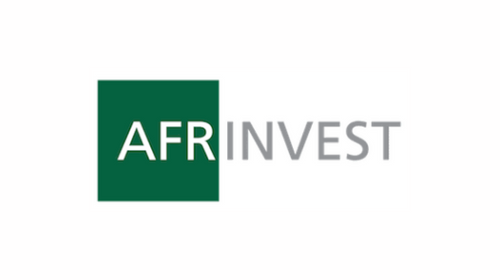Investment research and advisory firm Afrinvest has expressed doubt over President Bola Ahmed Tinubu’s ambitious projection that Nigeria’s economy will grow four times bigger to reach $1 trillion by 2030. The firm pointed to high inflation, low crude oil output, and persistent challenges in the electricity sector as key factors that could prevent the target from being achieved.
At the recently concluded BRICS Summit in Brazil, President Tinubu announced that Nigeria’s real Gross Domestic Product (GDP) would grow by 7.0 per cent annually by 2027. He also predicted that the size of the economy, currently estimated at $251 billion, would expand to $1 trillion by the year 2030. The projection came after the rebasing of the country’s GDP and the introduction of a series of economic reforms since mid-2023.
According to Afrinvest, Nigeria’s rebased GDP for 2024 stood at ₦372.8 trillion, which marked a 34.4 per cent rise from the earlier estimate of ₦277.5 trillion. In real terms, GDP was estimated at ₦217.8 trillion. While the rebasing improved the country’s debt-to-GDP ratio from 52.1 per cent to 39.6 per cent, the firm noted that economic expansion still remains modest.
Due to the sharp depreciation of the naira since the reforms began in mid-2023, the dollar value of Nigeria’s GDP dropped to $251 billion at the end of 2024. This represents a fall of nearly 50 per cent from earlier levels, despite Nigeria recording a growth rate of 3.8 per cent in 2024, the second highest since 2014.
The National Bureau of Statistics (NBS) reported that Nigeria’s economy grew by 3.13 per cent year-on-year in the first quarter of 2025, a figure still far below the 7 per cent target set by the President. Projections by the International Monetary Fund (IMF) and the World Bank also suggest slower growth, with Nigeria expected to record between 3.4 and 3.6 per cent in 2025, and an average of 3.8 per cent in 2026 and 2027.
Afrinvest acknowledged that the Tinubu administration has embarked on bold reforms since May 2023, including the removal of fuel subsidy, liberalisation of the foreign exchange market, and aggressive revenue mobilisation. The Central Bank of Nigeria (CBN), under Governor Olayemi Cardoso, has also pursued tight monetary policies to fight inflation and worked to clear the backlog of foreign exchange obligations.
The report noted that these measures have provided some foundation for growth, especially in the services sector led by Information and Communications Technology (ICT), financial services, and transportation. Revenue mobilisation also improved significantly in 2024, with gross revenue and net revenue available for budget rising by 126.5 per cent and 124.4 per cent to ₦34.7 trillion and ₦28.6 trillion respectively.
Despite these improvements, Afrinvest highlighted that Nigeria’s structural weaknesses continue to slow down growth. Inflation, especially in food, remains high, reducing household purchasing power. The power sector continues to suffer from liquidity shortfalls, irregular tariffs, and unpaid debts to suppliers. Oil production, a key foreign exchange earner, is still below expectations due to theft, pipeline vandalism, and poor investment in new fields.
Afrinvest warned that, “Notwithstanding the ongoing effort of the administration and the mixed outcome of reforms thus far, the President’s call for a 7.0 per cent GDP growth by 2027 and the quadrupling of the current GDP size to $1.0 trillion by 2030 lacks fundamental drivers.”
The firm further explained that for Nigeria to reach the $1 trillion GDP target, the economy would need to grow by at least 40 per cent in both 2025 and 2026, pushing nominal GDP above $800 billion by 2026. Alternatively, the naira would need to appreciate strongly, to about ₦500 to the dollar by 2027, for the projection to be feasible.
Afrinvest advised the government to intensify reforms in key areas to unlock growth. These include raising oil production to at least 2.0 million barrels per day, implementing cost-reflective electricity tariffs with targeted subsidies for vulnerable citizens, stabilising the foreign exchange market, strengthening tax reforms, and addressing food insecurity through agricultural investments and safety net programmes.
The firm concluded that while reforms introduced by the Tinubu government have created some momentum, only consistent action on structural bottlenecks will put Nigeria on the path towards sustained high growth and economic transformation.
